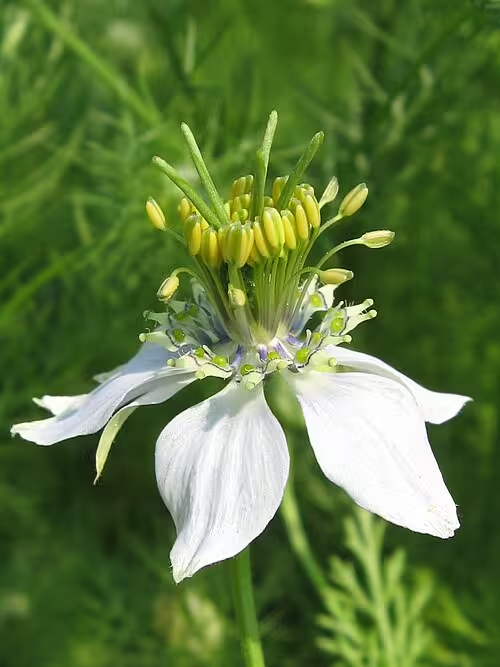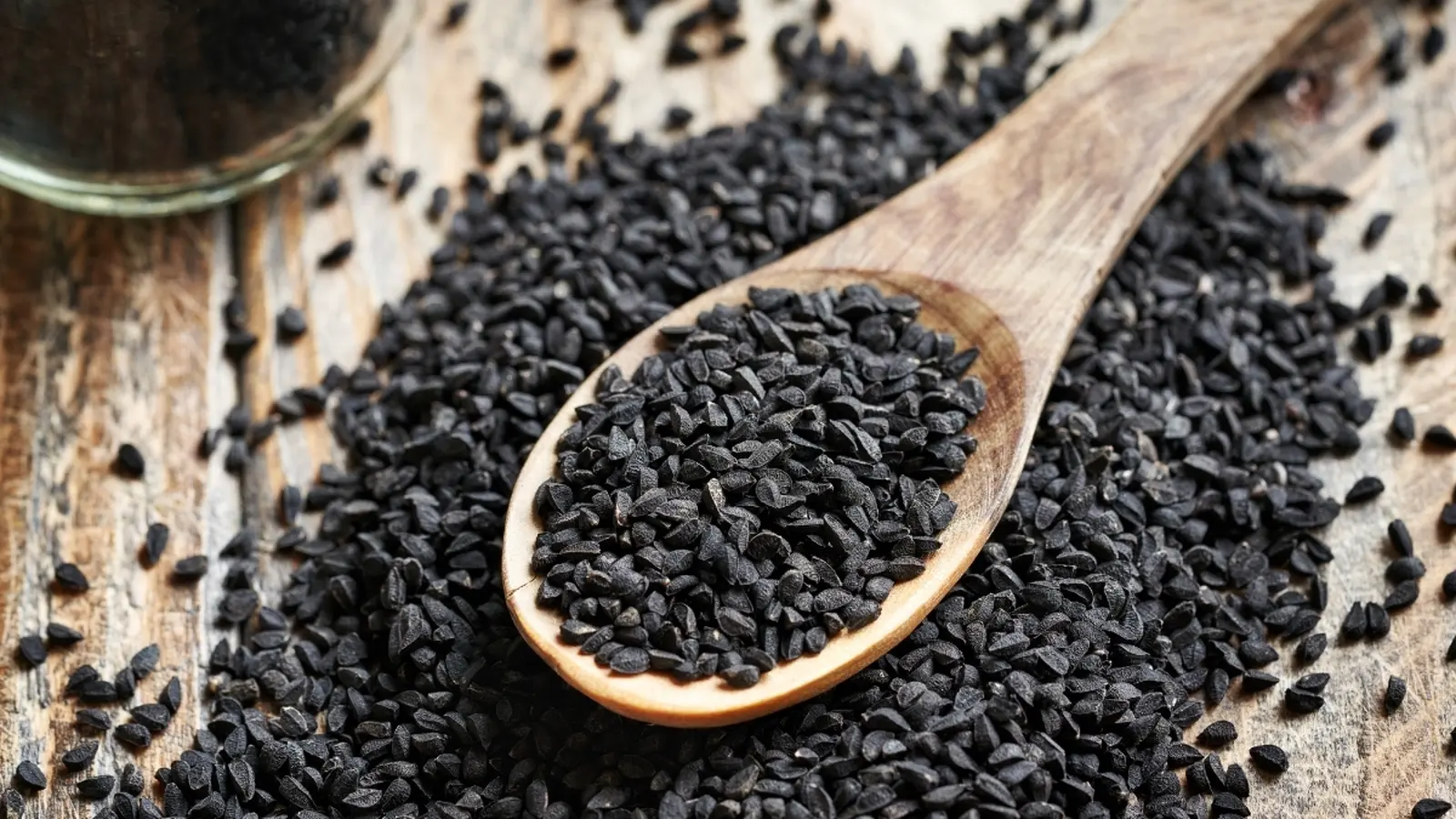3 Minutes
A common culinary spice with a long folk-medicine history is drawing renewed scientific attention. A small clinical trial from Japan reports that daily consumption of black cumin (Nigella sativa) seed powder may improve blood lipid profiles — raising HDL and lowering LDL cholesterol — after just eight weeks. Here’s what the study found, how it fits with earlier work, and what researchers want to test next.
Small trial, noticeable changes
Researchers at Osaka Metropolitan University recruited 42 adults for a randomized study. Twenty-two participants consumed 5 grams of black cumin seed powder — roughly a heaping teaspoon — every day, while 20 people were assigned to a control group that did not. After eight weeks, the black cumin group showed measurable reductions in low-density lipoprotein (LDL, often called “bad” cholesterol) and modest increases in high-density lipoprotein (HDL, “good” cholesterol). The control group showed no comparable changes.
What the numbers mean
These shifts in blood lipids are small but potentially meaningful at a population level: lower LDL and higher HDL tend to reduce cardiovascular risk over time. The authors suggest that black cumin could serve as a functional food — a dietary component with health-promoting effects — that helps prevent obesity and lifestyle-related diseases when integrated into everyday eating habits.
What the science and history reveal
Black cumin is native to western Asia and eastern Europe and has been used for millennia as a spice and a traditional remedy. Modern lab studies and animal experiments have hinted at several mechanisms that might underlie its health effects. Compounds in Nigella sativa, including the well-studied thymoquinone, have antioxidant and anti-inflammatory properties in cell cultures. In the new study, laboratory tests also suggested black cumin might interfere with the maturation of fat cells by altering key genetic regulators of fat metabolism — a possible route to improved lipid profiles.

The N. sativa plant
Still, human evidence is preliminary. Earlier clinical trials have produced mixed results: some small studies reported benefits for weight loss and cholesterol, while at least one prominent 2015 trial was later flagged with an expression of concern by the journal that published it, raising questions about the reliability of those findings. That controversy underlines a broader point: isolated positive trials are interesting, but reproducibility and larger samples are essential before recommending new treatments or therapeutic claims.
What comes next?
Lead researcher Akiko Kojima-Yuasa and colleagues say their results justify larger and longer studies. Future trials will need to test different doses, extend follow-up beyond eight weeks, and examine related outcomes such as insulin resistance, inflammation markers, and long-term cardiovascular events. Researchers also plan mechanistic work to confirm whether black cumin truly inhibits adipogenesis (the formation of fat cells) and which molecular pathways are involved.
For now, black cumin remains a promising dietary candidate rather than a proven medical therapy. People curious to try it as a spice may safely experiment in food, but anyone taking cholesterol-lowering medications or managing diabetes should consult a clinician before adding concentrated supplements to their routine.
Source: sciencealert


Leave a Comment